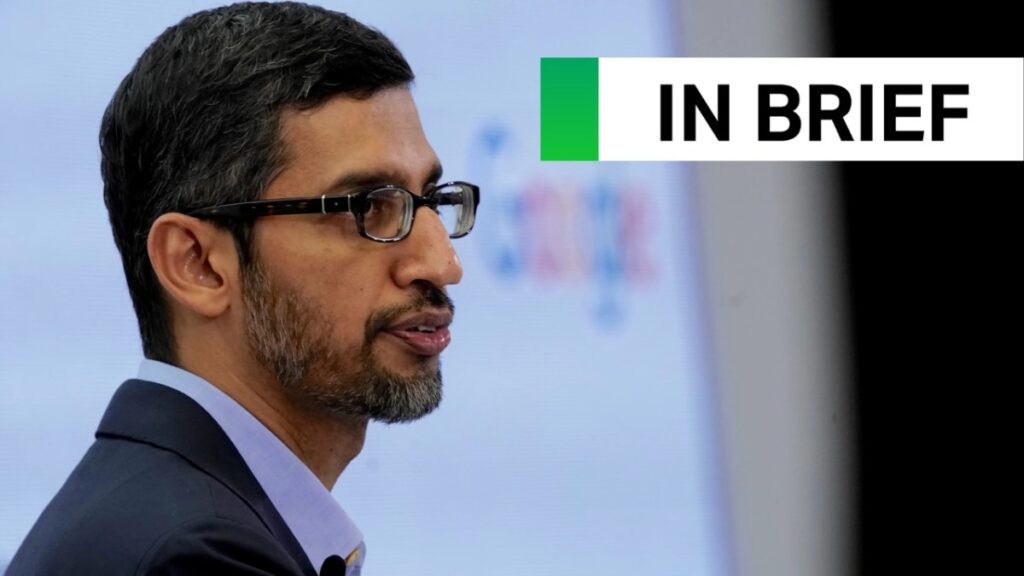Google CEO Unveils Ambitious AI Initiatives at UN Summit
At the UN Summit of the Future on Saturday, Sundar Pichai, the CEO of Google, articulated his vision for artificial intelligence (AI), calling it “the most transformative technology yet.” During his address, he introduced a significant new initiative aimed at promoting AI education and training globally, demonstrating Google’s commitment to responsible technology development.
The Promise of AI for Global Development
Pichai emphasized four key areas where AI could significantly contribute to sustainable development:
- Language Accessibility: AI can help bridge communication barriers by enabling people to obtain information in their native languages, fostering inclusivity.
- Scientific Advancement: The technology holds the potential to expedite scientific research and discovery, leading to breakthroughs that can benefit humanity.
- Climate Resilience: By improving alert systems and tracking capabilities for climate-related disasters, AI can enhance response mechanisms and mitigate the impacts of such events.
- Economic Growth: Pichai highlighted that AI could stimulate economic progress, indicating its role as a driver of innovation and job creation.
Addressing AI Risks
While Pichai celebrated the opportunities AI presents, he also acknowledged the accompanying risks. Issues such as deep fakes and misinformation pose challenges that must be addressed. Notably, he did not delve into AI’s potential ecological impacts, perhaps suggesting a need for more comprehensive discussions around technology’s environmental footprint.
Combatting the AI Divide
A central theme of Pichai’s speech was the desire to prevent the emergence of a global “AI divide.” To confront this issue, he announced the creation of a $120 million Global AI Opportunity Fund. This initiative aims to collaborate with local nonprofits and NGOs, facilitating access to AI education and training in communities worldwide.
The Need for Thoughtful Regulation
Pichai also called for “smart product regulation” that mitigates the potential harms of AI while resisting tendencies toward national protectionism. He warned that poorly conceived regulations could inadvertently deepen the AI divide and restrict the beneficial applications of this powerful technology.
Conclusion
As AI continues to evolve and permeate various sectors, the insights shared by Sundar Pichai at the UN Summit signal a pivotal moment in understanding its global impact. By investing in education and actively addressing the challenges posed by AI, Google aims to foster a future where AI technology serves as a catalyst for positive change, empowering communities and advancing sustainable development across the globe. Through strategic partnerships and responsible practices, we can harness AI’s potential while safeguarding against its risks.




